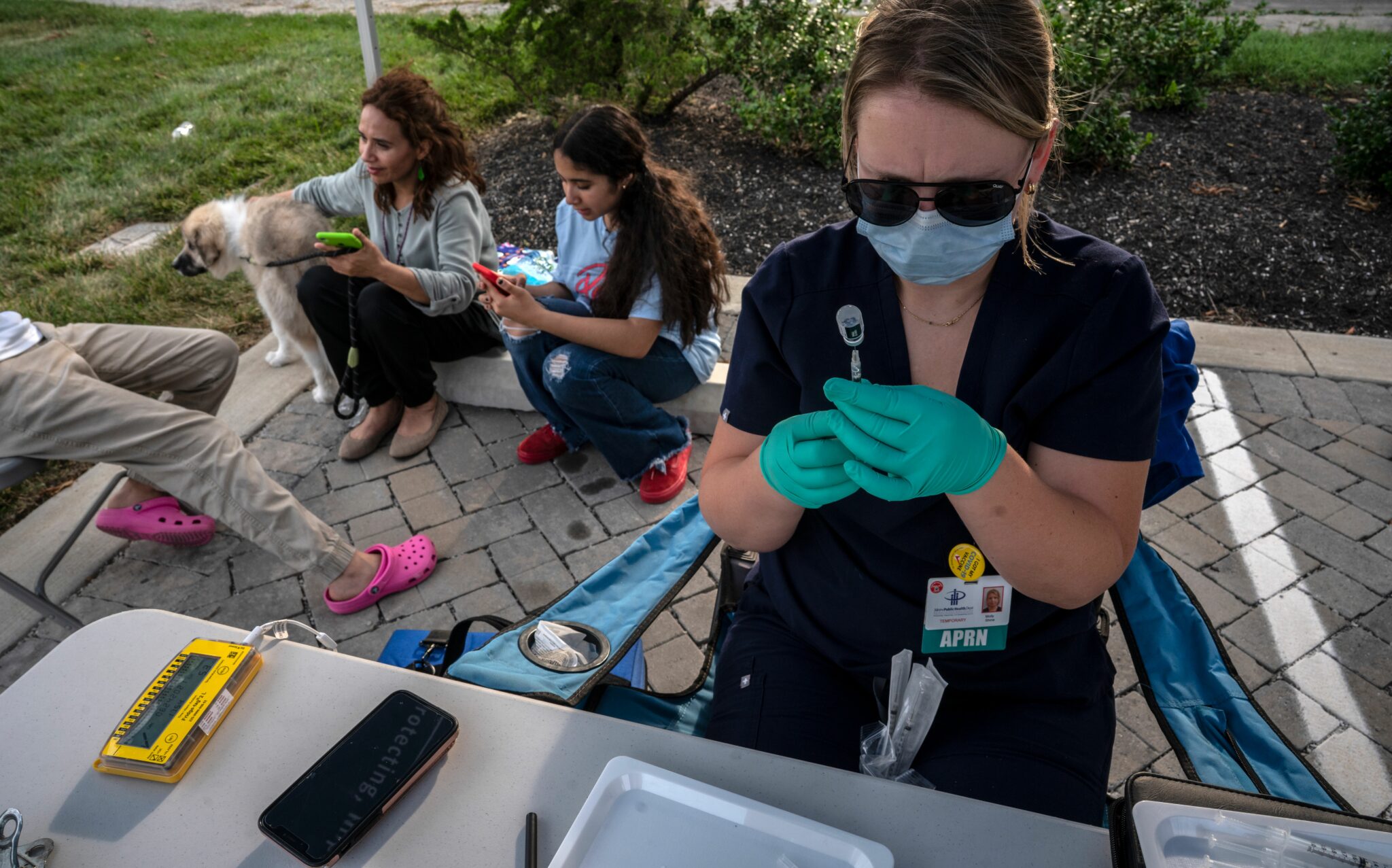Health Budget Battle: Nashville and Allies Take on Federal Cuts in Landmark Lawsuit

Nashville Takes a Stand: City Challenges Federal Halt on Critical Public Health Funding
In a bold move to protect public health, Nashville has launched a legal challenge against the federal government over the sudden suspension of crucial public health grants. These grants play a vital role in supporting essential health initiatives, including childhood vaccination programs and critical disease testing.
The city's lawsuit highlights the potential devastating consequences of cutting off these critical funding streams. By targeting programs that vaccinate children and monitor disease spread, the federal funding halt threatens to undermine years of public health progress and potentially expose communities to preventable health risks.
Nashville officials argue that the grant suspension could create significant gaps in healthcare services, particularly for vulnerable populations who rely on these programs. The legal action represents a passionate defense of community health and a commitment to ensuring continued access to vital medical resources.
As the lawsuit unfolds, it raises important questions about federal funding priorities and the potential long-term impact of such abrupt policy changes on local public health infrastructure.
